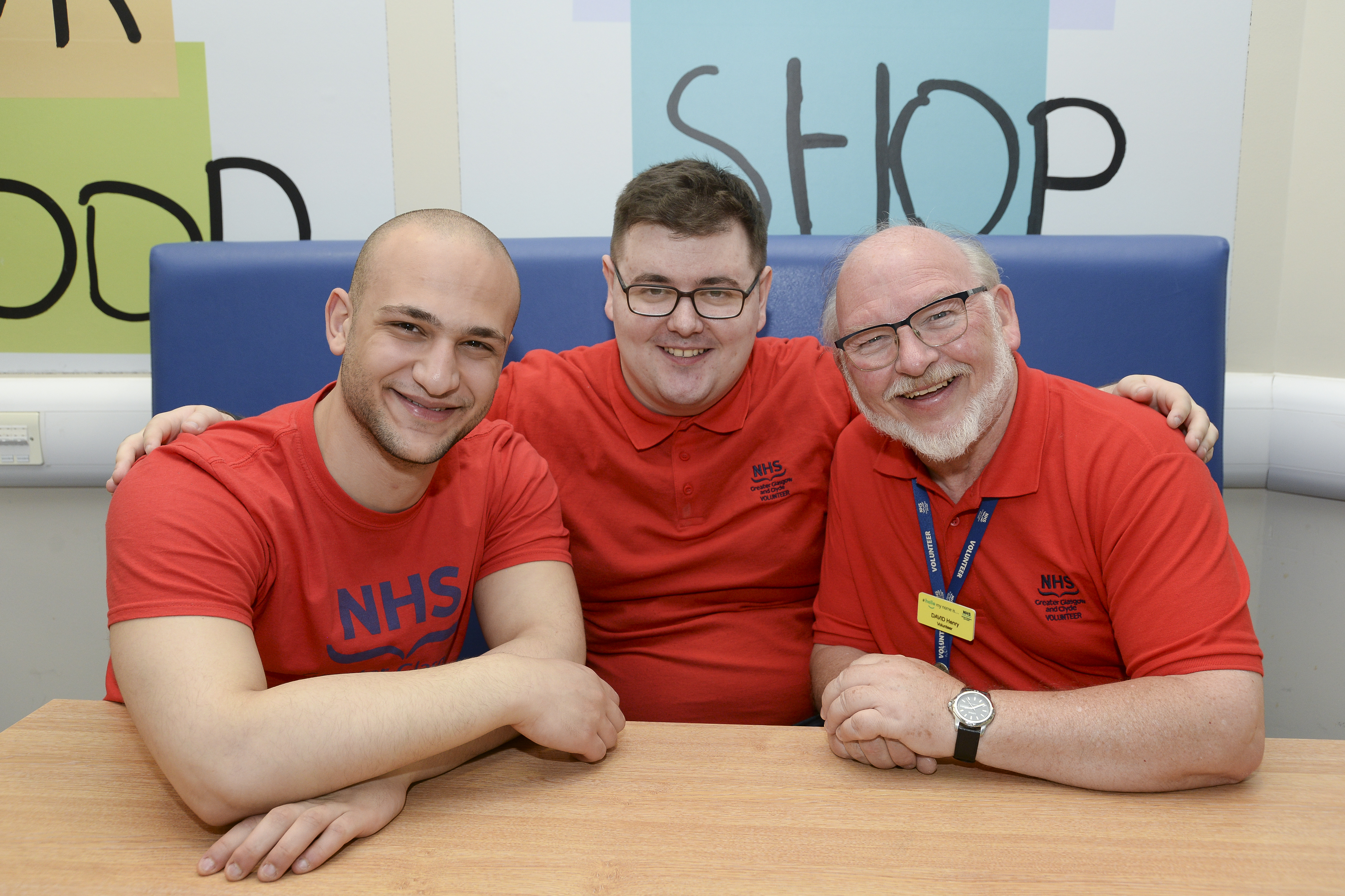Previous
Clinical scientist in genetics and molecular pathology
To become a clinical scientist in immunology, you'll need to complete a postgraduate-level work-based training programme. Alternatively, if you have significant professional immunology experience and relevant qualifications, you can apply for registration as a clinical scientist through an equivalence route.
Our immune system defends our body against disease and infection. A dysfunctional immune system can lead to immunodeficiency disorders, autoimmune diseases, allergies, and cancer.
Clinical scientists working in immunology are involved in the diagnosis and care of patients with:
They bring their scientific expertise to all immunology investigations so that:
Within the department, clinical scientists also have responsibility for service delivery, staff training and assessment, and quality control.
School subjects that could lead to a career as a clinical scientist in immunology include:
Speak to your guidance teacher or careers adviser about subjects offered at your school.

You may find it helpful to get some healthcare experience by doing a work placement or volunteering. You’ll get training, increase your knowledge, and learn new skills. This could help you when applying to college, university, or a new job with NHSScotland.
There are different education and training pathways to becoming a clinical scientist.
A clinical scientist training programme is one route you can choose.
You’ll complete one of the following:
To apply to a clinical scientist training programme, you must have a relevant undergraduate honours degree at SCQF level 10. Subjects include:
Throughout your training, you’ll learn the skills, knowledge, and experience you need to become a clinical scientist in immunology.
Once your training is complete, you’ll register as a clinical scientist with the Health and Care Professions Council (HCPC).
You can apply for training opportunities on our recruitment website.
Some health boards offer alternative work-based training programmes if you already have relevant experience within a diagnostics laboratory setting and a postgraduate degree at SCQF level 11.
As a trainee, you’ll learn the skills, knowledge, and experience you need to apply for clinical scientist registration via the STP equivalence route.
If successful, you’ll register as a clinical scientist with the HCPC.
You can apply for equivalence recognition if you already have significant professional NHS experience in immunology or have completed a training programme that does not directly lead to registration as a clinical scientist.
It is a route you can take to demonstrate that you already have the skills, knowledge, and experience to become a clinical scientist in immunology.
You’ll submit a portfolio of work to one of the following organisations for assessment and attend an interview:
If successful, you can register with the HCPC as a clinical scientist.
As a clinical scientist in immunology, you'll help in the diagnosis and care of patients with:
As a clinical scientist in immunology, you’ll receive and prepare samples for analysis, validate results, and advise on specific types of treatment for individual patients.
Tasks include:
You'll need these skills:
You could work with:
You’ll work in a hospital laboratory.
As a clinical scientist, you’re expected to undertake continuous professional development (CPD) activities to:
Clinical scientists must meet the HCPC’s standards for CPD. Learn more about the HCPC’s guidance on CPD activities.
During your career, you can also work towards additional qualifications, such as the Royal College of Pathologists examinations for immunology:
Gaining qualifications could lead to more senior roles or the chance to advance into specialised practice areas.
To work in the NHS as a clinical scientist, you must be registered with the Health and Care Professions Council (HCPC).
Other professional bodies and societies include:

Discover the range of healthcare science careers you can choose in the NHS.
Healthcare science
Our blog includes how-to guides, case studies, and career resources.
Discover more